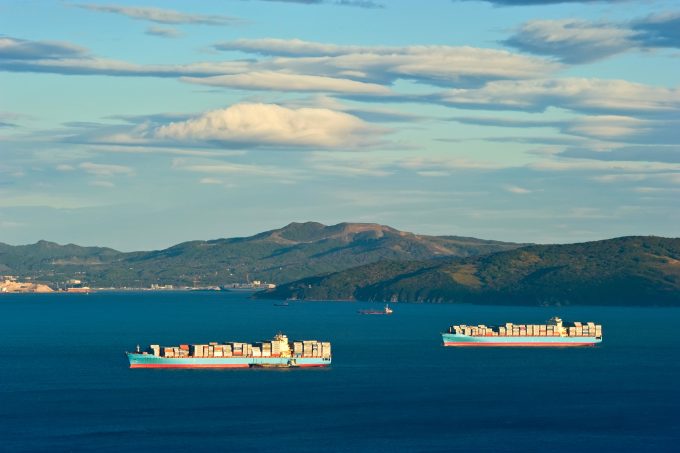India-Pakistan 'tit-for-tat' cargo ban sparks sudden supply chain shocks
India and Pakistan have banned each other’s cargo from transiting their ocean gateways, following the ...

Despite the Asia-Europe trade experiencing one of the worst starts to a year, in terms of both volumes and freight rates, since the financial crisis, there could be cause for optimism for carriers.
Speaking at the TOC Container Supply Chain conference, which began this morning in ...
Keep our news independent, by supporting The Loadstar
Four crew members still missing as Wan Hai 503 continues to burn
Explosions and 'out-of-control' fire reported on Wan Hai box ship
Carrier price hikes hold, driving spot rates higher as space gets scarcer
Crew forced to abandon ship in latest fire on vessel carrying EVs
The Loadstar Podcast | Transport Logistic and Air Cargo Europe 2025
Transpacific rates ease as capacity boost proves too much for trades to digest
Turkish Airlines falls foul of air safety regulations, claims India's aviation authority

Comment on this article